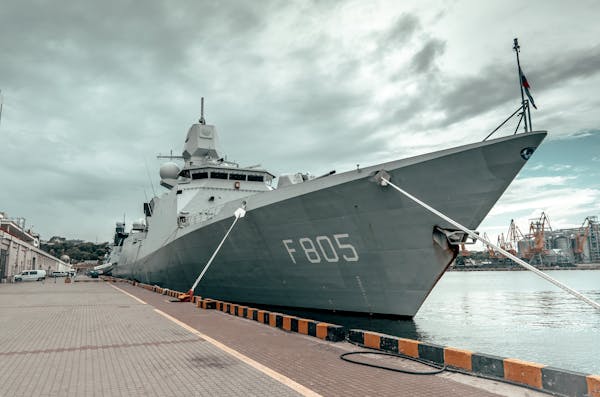What’s Happening in the Red Sea?
Since October 2023, the Red Sea has become a volatile region due to the escalating actions of Yemen’s Houthi movement. In response to the Israeli invasion of Gaza, Houthi forces have launched a series of targeted attacks on commercial ships navigating this critical maritime route. These attacks have led to significant disruptions in global trade, raising concerns for international shipping companies and governments alike.
Why Is the Red Sea So Important?
The Red Sea is a strategic waterway connecting the Mediterranean Sea to the Indian Ocean via the Suez Canal. This route is vital for the global economy, as it facilitates the transportation of oil, natural gas, and various goods between Europe, Asia, and Africa. Any disruption in this corridor has immediate repercussions on trade and supply chains worldwide.
With the Houthi attacks escalating, many shipping companies have been forced to reroute their vessels to avoid the region. While this ensures the safety of their cargo and crew, it also leads to longer travel times and increased fuel costs, ultimately impacting the prices of goods for consumers around the world.
What Are the Motives Behind the Attacks?
The Houthi movement’s decision to target ships in the Red Sea appears to be a strategic move to draw international attention to the Israeli-Palestinian conflict. By disrupting one of the world’s most critical maritime routes, the Houthis aim to exert pressure on global powers to address the situation in Gaza.
However, these actions also align with the group’s broader agenda of challenging Saudi and Western influence in the region. The Houthis, who are backed by Iran, have long been engaged in a conflict with a Saudi-led coalition supporting Yemen’s internationally recognized government. The Red Sea attacks are just one facet of this complex geopolitical struggle.

How Is the World Responding?
The international community has not remained passive in the face of these attacks. The United States, along with its allies, has launched airstrikes targeting Houthi positions in Yemen and increased naval patrols in the Red Sea to safeguard commercial shipping routes.
These measures aim to deter further attacks and ensure the safe passage of vessels through the region. However, the situation remains tense, and many fear that a miscalculation by either side could escalate the conflict further.

What’s at Stake for Global Trade?
The disruption of shipping routes in the Red Sea has significant implications for the global economy. Increased shipping costs and delays in the delivery of goods can lead to higher prices for consumers and slow down economic growth.
Moreover, prolonged instability in the region could prompt shipping companies to permanently alter their routes, bypassing the Red Sea and the Suez Canal altogether. While alternative routes exist, they are longer and less efficient, which could have a lasting impact on global trade dynamics.

Can the Crisis Be Resolved?
Resolving the Red Sea crisis will require a multifaceted approach. Diplomatic efforts must be intensified to address the underlying causes of the conflict in Yemen and the broader Middle East. This includes engaging with regional powers like Iran, Saudi Arabia, and Israel to de-escalate tensions and find a peaceful resolution.
At the same time, international organizations such as the United Nations and the International Maritime Organization must work to enhance the security of maritime routes and protect the interests of global trade.
Also Read:Stock Market FintechZoom: Revolutionizing Investment Decisions
Conclusion
The Red Sea crisis, driven by Houthi attacks, highlights the interconnected nature of global conflicts and their impact on international trade. While the situation remains uncertain, a coordinated effort by the international community could help stabilize the region and restore the free flow of goods through this vital maritime corridor.
For now, the world watches closely, hoping for a resolution that ensures both regional stability and the continued prosperity of global commerce.








One thought on “Red Sea Crisis: How Houthi Attacks Disrupt Global Trade”